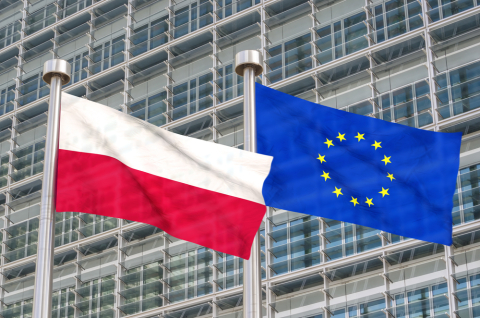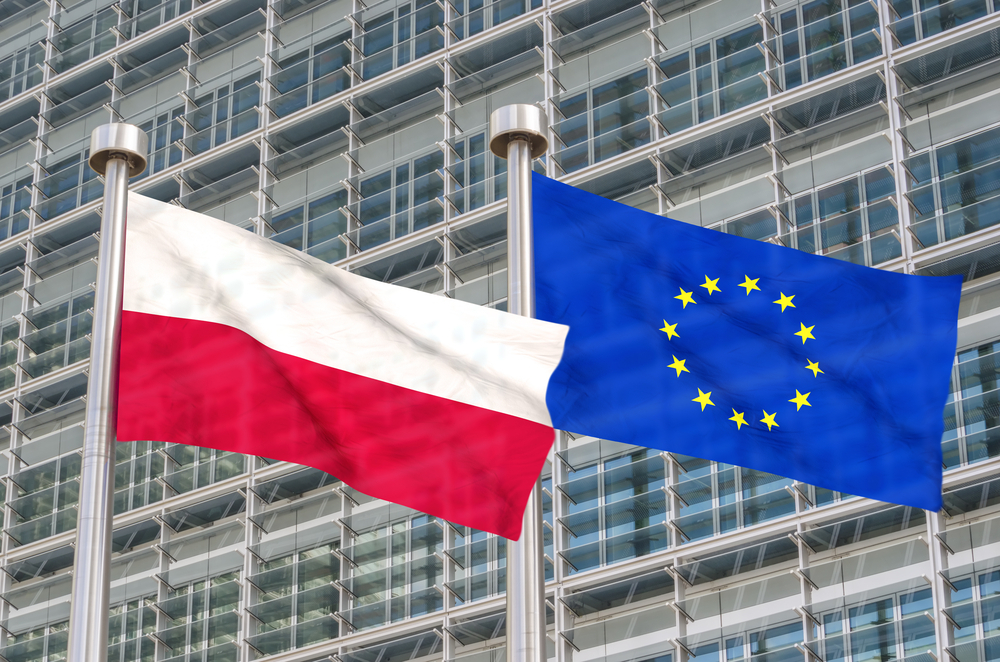Affirming European security in times of uncertainty. Poland’s priorities of its presidency of the Council

Practical information
Accessibility
Themes and regions
Related centers and programs

Poland will assume the presidency of the Council of the EU throughout the first semester of 2025, when geopolitical tensions are likely to peak.
The war in Ukraine is still raging, the situation in the Middle East is deteriorating and incoming US administration after the re-election of Donald Trump opens a new chapter of uncertainty in transatlantic relations. The Polish presidency, against this background, has defined as chief priority in the Council to support the strengthening of European security in all dimensions: external, internal, informational, economic as well as in relation to energy, food and health. Will the EU be able to rise to these challenges? What answer can Poland help shaping on the EU level in the six months to come? And how can France and Austria contribute to affirming European security in this critical moment?
10:30 - Introduction
Agnieszka Legucka, Deputy Head of the Department of Strategy at Polish Ministry of Foreign Affairs, Warsaw
10:40 - Discussion
Stefan Lehne, Senior fellow at Carnegie Europe
Georgina Wright, Senior Fellow and Deputy Director for International Studies at Institut Montaigne, Paris
Jim Cloos, Senior Associate Fellow at Egmont Royal Institute for International Relations and Secretary General of the Transeuropean European Policy Studies Association (TEPSA)
Magdalena Jakubowska, Vice-President of the Board at Res Publica / Visegrad Insight, Warsaw
Moderation:
Dietmar Schweisgut, Secretary General of the Austro-French Centre for Rapprochement in Europe
Conclusion: Romain le Quiniou, Managing Director of Euro Créative, Paris
Videoconferencing in English without translation via the Zoom platform

Replay
Our partners
Related Subjects
Other events

EV Supply Chains for Japan and Europe: Strengthening Economic Security
Economic security aims to ensure the resilience of supply chains for key industries: the case of electric vehicle production in Japan and Europe will be discussed.

What Kind of Technological Partnership with India?
As India asserts its technological ambitions and seeks to reduce its dependence on China, Europe is stepping up its efforts to diversify its strategic partnerships. What opportunities arise from the convergence of these two dynamics? Can cooperation in cutting-edge sectors—from electric vehicles to artificial intelligence and semiconductors—transform the Indo-European relationship into a lever for strategic autonomy?






